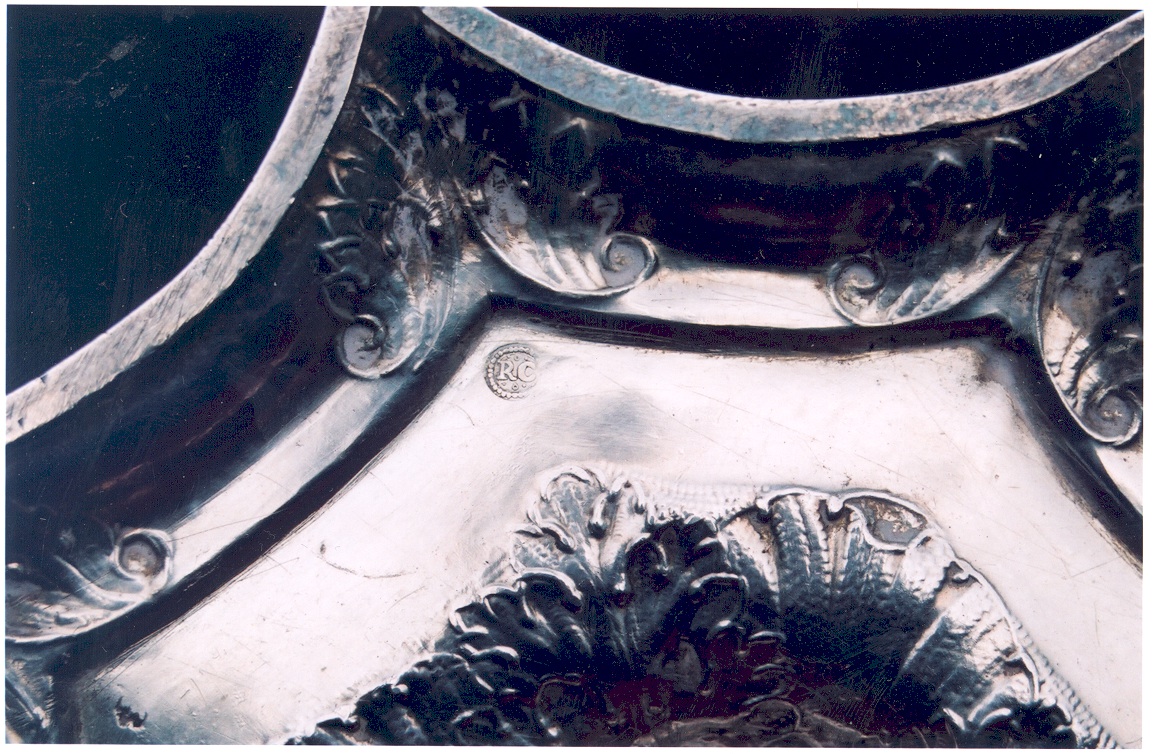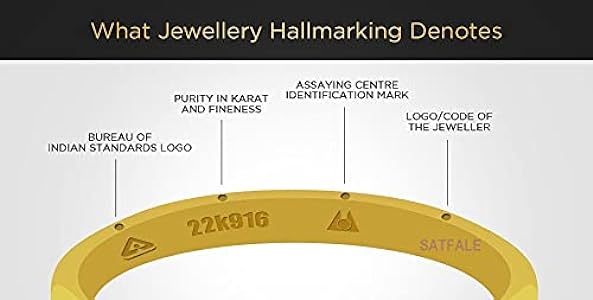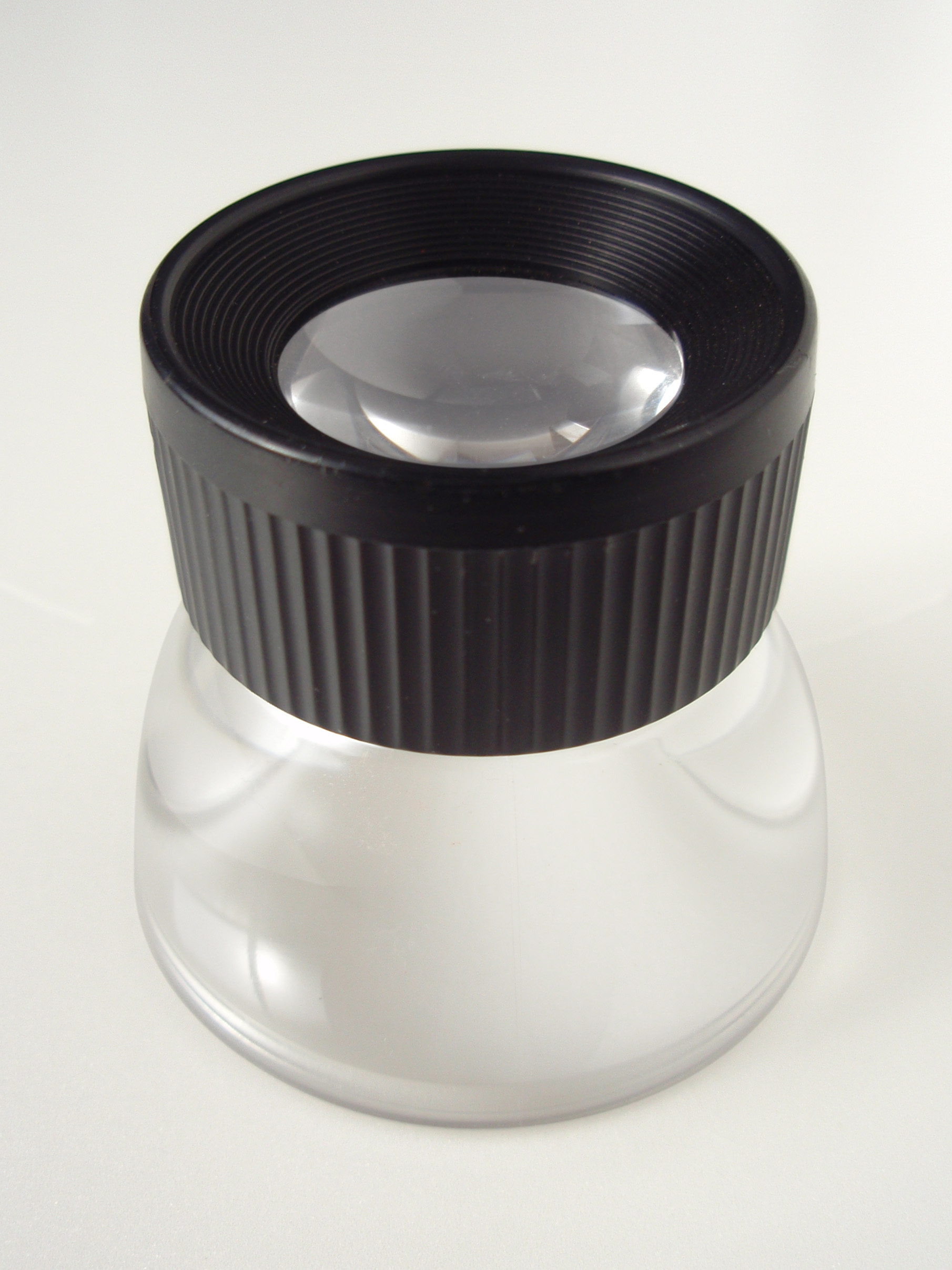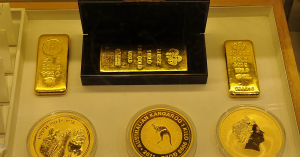Symbols and their Meanings
Unlocking the hidden language of symbols, this article delves into the captivating world of their meanings and the profound impact they have on our lives.

Standard Markings for Precious Metals

Standard markings for precious metals are important indicators of their quality and composition. These markings, often called hallmarks, are used to identify the purity and authenticity of metals such as silver, gold, platinum, and more. They are typically applied by an assay office, which conducts a metallurgical assay to determine the fineness of the metal. Common markings include the metal's purity in parts per thousand, its alloy composition, and any trademarks or symbols indicating its origin or manufacturer.
These markings help consumers make informed decisions when purchasing precious metal jewelry or coins, as they can provide assurance of the metal's quality and value. It's always recommended to consult an expert or refer to reputable sources like the Gemological Institute of America when in doubt about the authenticity of a precious metal item.

Understanding Fineness Marks and Stamps

| Symbol | Meaning |
|---|---|
| 925 | Indicates sterling silver, which is 92.5% pure silver |
| 999 | Represents fine silver or pure silver, with a purity of 99.9% |
| 14K | Denotes gold jewelry that is 14 karats, meaning it contains 14 parts gold and 10 parts of other metals |
| 18K | Indicates gold jewelry that is 18 karats, with a higher gold content of 18 parts out of 24 |
| 24K | Signifies pure gold, with a purity of 24 karats |
| 375 | Represents gold jewelry with a fineness of 375 parts per thousand, equivalent to 9 karats |
| 585 | Denotes gold jewelry with a fineness of 585 parts per thousand, equivalent to 14 karats |
| 750 | Indicates gold jewelry with a fineness of 750 parts per thousand, equivalent to 18 karats |
Identifying Marks on Precious Metal Items

Common symbols found on precious metal items include the hallmark of the assay office, which verifies the metal's purity through a metallurgical assay. Alloys like bronze, platinum, and sterling silver may also have their own unique symbols.
It is important to familiarize yourself with these symbols to ensure you are purchasing genuine and high-quality jewelry or coins. A magnet can be used to test for magnetism, which can help identify base metals or costume jewelry.
If you are unsure about the authenticity of a piece, consult an expert or look for a trademark from a reputable manufacturer. Remember to consider factors like color, hardness, and melting point when evaluating a precious metal item.
By understanding and recognizing these identifying marks, you can protect yourself from fraud and counterfeit items, and make informed decisions when purchasing precious metal items.
Gold IRA: Should You Open One To Save For Retirement?


